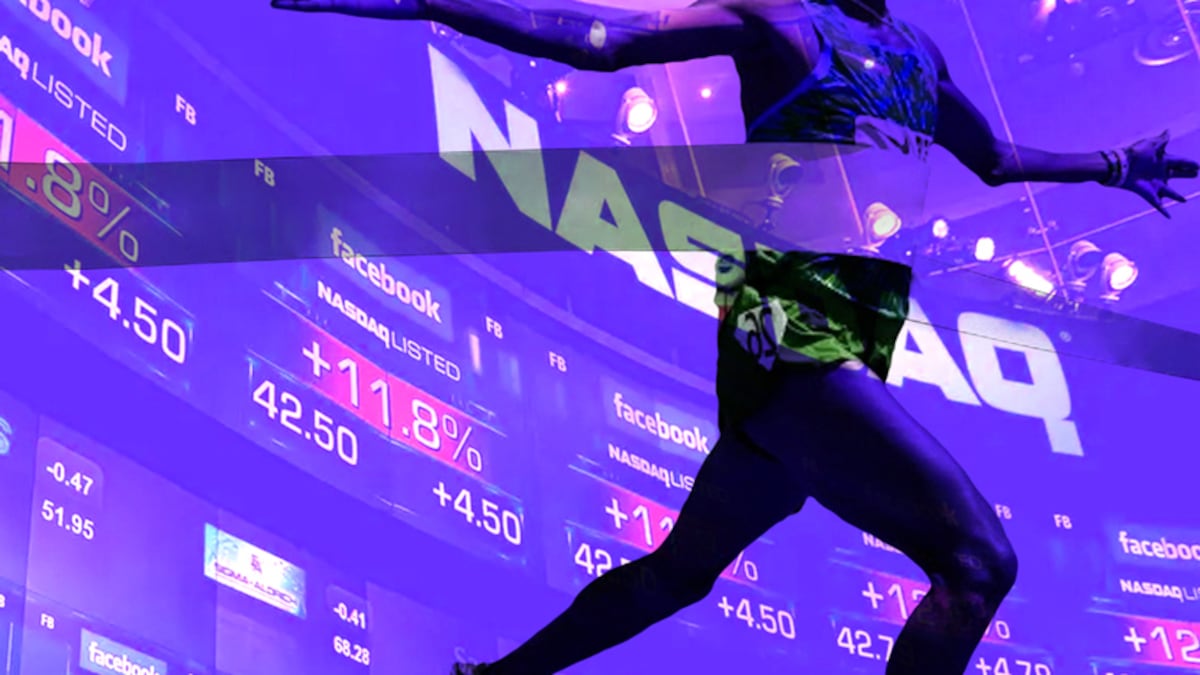The idea of a self-regulatory organisation, or so-called SRO, for crypto has been knocking around Washington and the industry for years. But politics means that it’s not going to happen anytime soon.
SROs are basically membership bodies authorised under a regulator. This approach has been long adopted by the US’s large national stock exchanges like the New York Stock Exchange or Nasdaq.
“SROs are fundamentally about placing an institution between the public and the government,” Andrew Blake, a partner at law firm Sidley, told DL News. “In the example of a securities exchange, it’s giving the exchange the ability to set its own standards for who can participate.”
Washington insiders told DL News that the political will to establish a crypto SRO is not there.
They said Democrats in general think the industry is too dangerous to be allowed to regulate itself, even within the constraints of an SRO structure. Recently, Senator Elizabeth Warren called for Republicans and Democrats alike to join her anti-crypto cause following the collapse of market leaders FTX, Three Arrows Capital and Genesis.
And for the Republicans, the party of small government, creating more SROs means creating more agencies.
The idea is enticing to some in the industry, who see it as a way for crypto exchanges to sidestep federal regulatory barriers. Most recently, in testimony to the Senate Banking Committee last week, law Professor Yesha Yadav said that authorising exchanges as SROs could create a safer market.
“A primary component of the self-regulatory power is disciplinary, so the SRO surveils for bad behaviour and imposes penalties on people who break the rules,” Blake said. These powers are checked by regulators, he added.
While the DC insiders believe Congress in general will remain unsupportive of crypto SROs, they noted that there is some support for the idea. A bipartisan bill, the Responsible Financial Innovation Act, introduced last summer, contemplated a digital asset SRO, for instance.
Regulators’ wrangles would also block a crypto SRO from being established, the insiders said. The Securities and Exchange Commission and the Commodity Futures Trading Commission have unofficially been battling for years over which market watchdog should police the nascent industry. Neither of them are willing to cede any ground in their battle over who gets to regulate crypto. The agencies often deny the turf war claim.
SROs are commonplace
SROs in the US don’t have complete autonomy to do what they like, but they can set rules and standards on their own markets, most of which they must run past whatever federal regulator oversees them. In the case of the NYSE or Nasdaq, that’s the Securities and Exchange Commission.
Smaller private exchanges, so-called dark pools, have their own SRO, the Financial Industry Regulatory Authority, which is also overseen by the SEC. On the derivatives side, the National Futures Association is the SRO under the oversight of the CFTC.
Standalone SROs like FINRA or the NFA work like membership organisations for their respective industries, setting rules for members, which pay fees and use the organisation as a forum for discussion and sharing information.
While no standalone crypto SRO exists, Sidley partner Lilya Tessler stressed that some kinds of digital assets are already regulated as they fall under activities covered by FINRA.
Crypto industry wants SROs
SROs have enticed the crypto industry for years. Back in 2018, for example, the Winklevoss twins founded a working group to look into setting up an industry-sponsored SRO, the Virtual Commodity Association. Tyler and Cameron Winklevoss are the founders of crypto exchange Gemini.
In October, former CFTC chairman Timothy Massad co-authored a paper for think tank the Brookings Institute, calling on the CFTC and SEC to establish a joint crypto SRO. A FINRA-style SRO could “protect investors and financial markets by developing and enforcing much-needed standards for the crypto industry,” the paper said.
The paper argued that a crypto SRO could sidestep many issues that have kept digital assets largely outside of federal regulation frameworks, such as the SEC and CFTC turf war, and a lack of agreement among lawmakers about what policy is needed.
An SRO overseen jointly by the SEC and CFTC, which already frequently cooperate where their jurisdictions overlap, could avoid these issues, supporters of the idea say.
“The SEC and CFTC could create such an SRO today, under existing law, without Congressional action,” the Brookings paper says.
NOW READ: Global regulators fire warning shot that they’re about to kneecap DeFi
Yadav echoed that sentiment when she testified before the Senate Banking Committee. She said crypto SROs could create a safer market and that allowing crypto exchanges to run as SROs would bring exchanges within an existing regulatory framework, since self-regulation is already codified in federal law. And it would make the industry responsible for the cost of monitoring their market, reducing the burden on the taxpayer.
Yadav said that the need to regulate exchanges is increasingly urgent as crypto becomes more interconnected with the traditional financial system as more Americans are turning to crypto investing.
